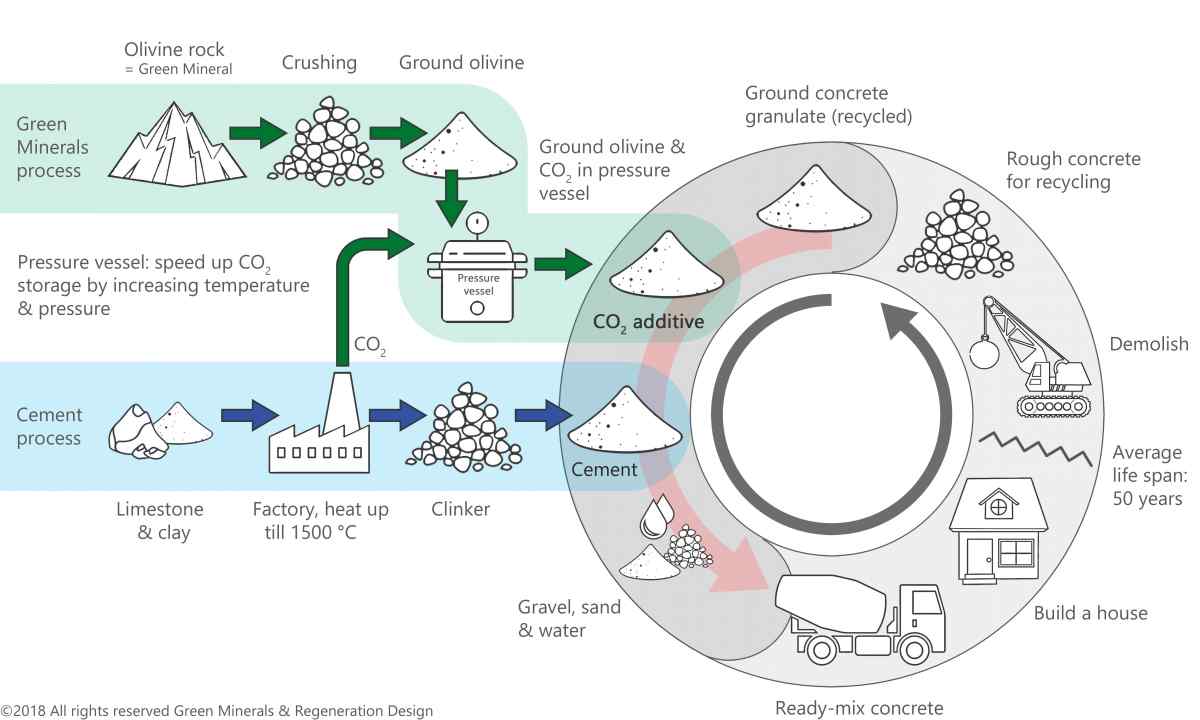Among various mulch inorganic mulch have set of advantages. Decorative stones, slate, pebble, marble and granite gravel, haydite, gravel, pebble: the mineral mulch esthetic and durable material which can create beautiful contrasts and on will long protect the soil.
Mulching is covering of the soil inorganic or organic material around plant. Any mulch has several advantages:
- protects the soil from erosion and impact of precipitation, washing away;
- protects the soil from siccation and helps to keep cool and moisture in the earth in the summer, reducing watering;
- protects the earth from freezing during the winter period;
- prevents distribution of weeds and reduces weeding.
The inorganic mulch has specific strengths before organic mulch:
- does not break and is very durable, and practically does not demand service;
- heavy is also resistant to strong winds;
- beautiful;
- quickly heats up in the spring and stores cool during the summer period;
- it rn it is neutral (except slate).
Lack of mineral mulch is that it on brings power supply to the soil and does not maintain fertility (unlike organic mulch which decays and enriches the soil) and is less favorable for soil fauna (for worms, microorganisms, insects …). Also it is usually expensive.
Advantages of different types of inorganic mulch:
- Slate
The layered structure of this material allows it to be split easily on thin layers and plates thanks to what it is actively used as mulch. Slate is widely applied in modern gardens. But it has property to change acidity of the soil. It is ideal for the plants loving the sour soil.
- Haydite
This mineral of volcanic origin easy, well looks on bed, perfectly keeps within between plants and it can be got in shop, available
- Decorative stones and cobble-stones
Polished or not processed, are available in various sizes and coloring. They can be combined with other materials for creation of drawings and contrasts; they are ideal on the edge of pond or natural reservoir.
- Quartz gravel, marble or granite
Very esthetically, but it is expensive. Their quite light color attracts look. They are appreciated in the Japanese or dry gardens.
- Crushed stone
The good decision for covering of big surfaces. The rock aria is useful for mulching.
- Decorative pebble and glass pebbles
Have advantage in color, playing with natural flowers (gray, pink, blue, brown...) and brighter coloring.
- For mulch of small surfaces, we can give vent to the imagination and use crocks of clay pots, ceramics, splinters of faience tile... Carefully: splinters can have keen edges.

